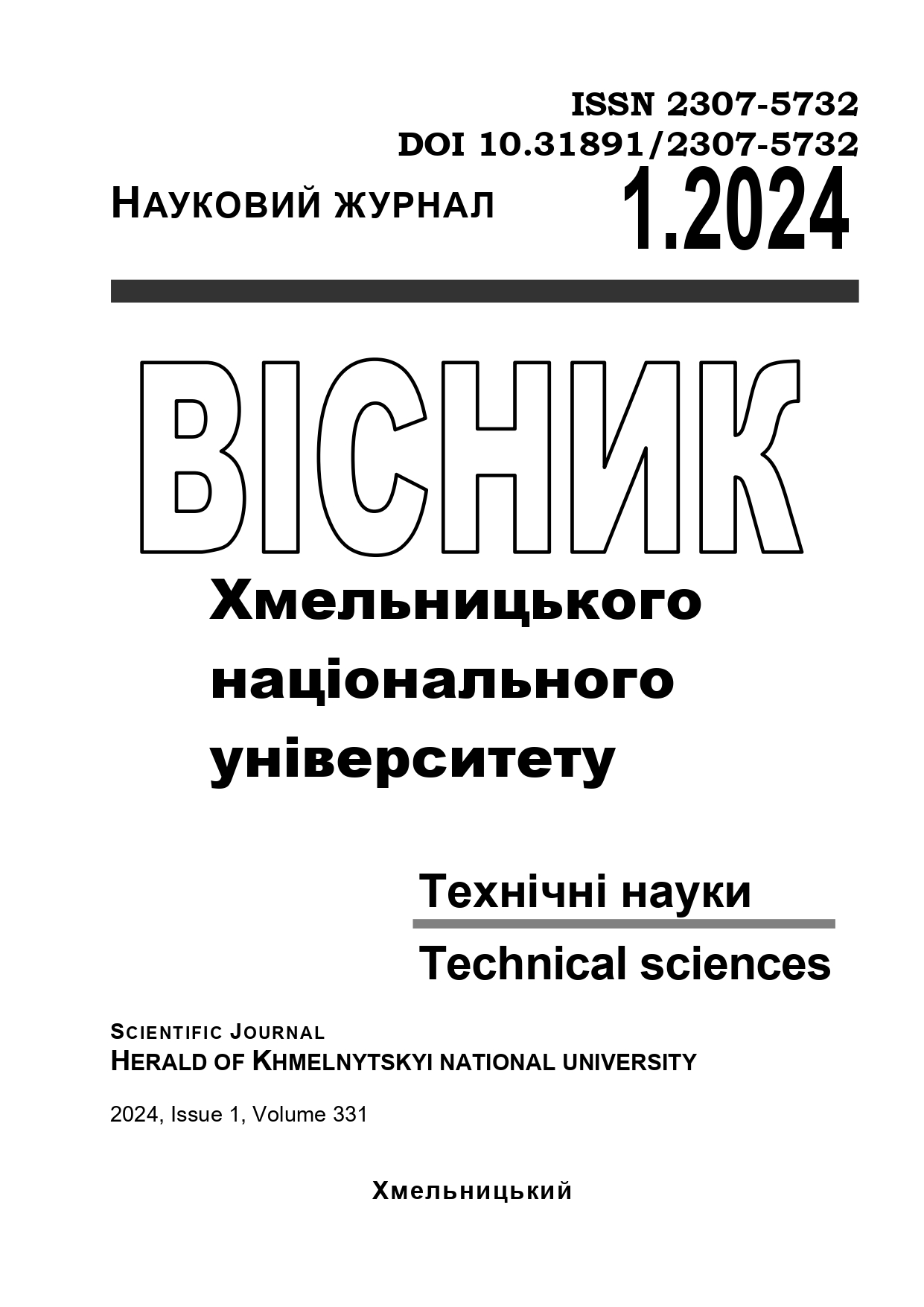ІНТЕЛЕКТУАЛЬНЕ УПРАВЛІННЯ ПРОЦЕСОМ НАВЧАННЯ
DOI:
https://doi.org/10.31891/2307-5732-2024-331-65Ключові слова:
інтелектуальна навчальна система, компетенції, оверлейна модель учня, дидактична одиницяАнотація
У статті розглядається питання розробки інтелектуальної навчальної системи (ІОС). Види технологій в ІОС та їх використання в інтелектуальному управлінні процесом навчання. Наводяться приклади моделей учня. Описується оверлейна нечітка модель знань учня, яка заснована на понятті дидактичної одиниці.
Методи дослідження базуються на системному підході до розробки концепції ІОС та моделей обробки знань, що базуються на використанні теорій адаптивного тестування, нечіткої логіки, штучного інтелекту.
Запропонована концепція побудови ІОС з використанням оверлейної нечіткої моделі знань учня дозволить визначити ступінь освоєння дидактичних одиниць і компетенцій учня. Отримані результати мають застосування при побудові інтелектуальних навчальних систем і тренажерних комплексів, які в свою чергу допомагають підвищити ефективність навчання за рахунок відкритості, багатофункціональності та адаптивності інтелектуальних навчальних систем.
В зв’язку з дедалі більшим інтересом до проектування інтелектуальних навчальних систем виникає багато непорозумінь в трактуванні видів моделей, яких навчають в ІОС. Однак, з’явилися нові напрямки в будуванні моделі учнів, розроблені інноваційні технології самого процесу навчання. Запропонована стаття в цьому сенсі актуальна, якщо розглядати застосування теоретичних ідей в практичному проектуванні і використанні інтелектуальних навчальних систем при інтелектуальному управлінні освітою.
В статті розглядається концепція побудови ІОС в Новокаховському приладобудівному фаховому коледжі. Одним із завдань ІОС є здійснення динамічної адаптації навчального матеріалу до рівня знань студентів. Застосування запропонованої в статті оверлейної моделі учня дозволяє: узгодити поставлені викладачами цілі навчання з цілями студентів, підвищити якість отриманих знань та навичок, самостійність, відповідальність і сумлінність студентів.

